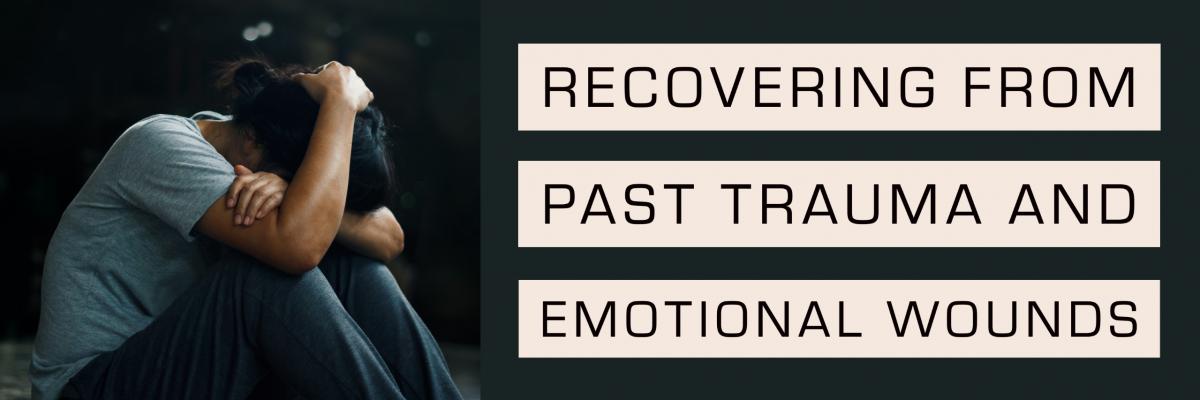
Most people have faced some form of significant trauma in their lives. Trauma comes in many forms and can be both physical and emotional. Accidents, surgery, sexual assault, physical abuse, wartime, and all forms of violence are examples of traumatic events, but abandonment, neglect, ridicule, and persecution can also be major traumatic experiences.
People who have the strong support of family or friends will usually recover from the emotional shock such events cause, but often people don’t have the support needed to fully heal from these experiences. This is especially a problem when the trauma occurs within the family.
Unresolved trauma manifests initially in mental and emotional symptoms like obsession, excessive worry, a high level of anxiety, easily becoming irritated or frequent loss of temper and/or bouts of depression. As we’ll cover in this issue, unresolved mental and emotional symptoms will eventually become underlying causes of physical health problems. So, whenever a person has chronic mental, emotional, or physical illness, it’s always important to look for unresolved trauma as a contributing factor in their ailments.
Understanding Trauma
Trauma is anything which triggers the body’s fight-flight-or-freeze response. When frightened by something, the part of the brain known as the amygdala temporarily hijacks our mental functions. The amygdala energizes the body to deal with the situation by trying to fight the danger, flee from the danger, or freeze in hopes the danger will just go away. These responses are immediate and involuntary. They are based on instinct, rather than reasoning.
In face of the fear the body musters energy for action. If the instinct is to fight, energy is spent in the clash. If the instinct is to flee, energy is expended in the escape. When there is no ability to fight or flee, fear freezes the body, leaving us immobile, unable to act, stuck frozen in a highly energized, anxious state.
When the perceived danger that provokes the fight-flight-or-freeze response passes, the amygdala releases control. As it does, we instinctively seek to discharge the emotional tension in the body through strong expressions of emotion. This may take the form of yelling, cursing, weeping, trembling, and sometimes even strong laughter. As the body relaxes, the rational brain regains control and allows us to begin processing the experience to make some sort of sense of it. It also helps us determine how to deal with or avoid similar situations in the future.
In this month's Sunshine Sharing issues, we'll be exploring how trauma affects our physical and emotional health, the trauma recovery process, and how plants can aid recovery from trauma. in the next section we'll talk about how trauma creates emotional wounds and the process through which we heal from these wounds.
Additional Resources
Strategies for Health by Steven Horne
Become a Member
Steven Horne's monthly member program is a way for you to get great information about herbs and natural healing to build your herbal business. Including the ability to share issues of Sunshine Sharing like this one. Click here to learn more.


